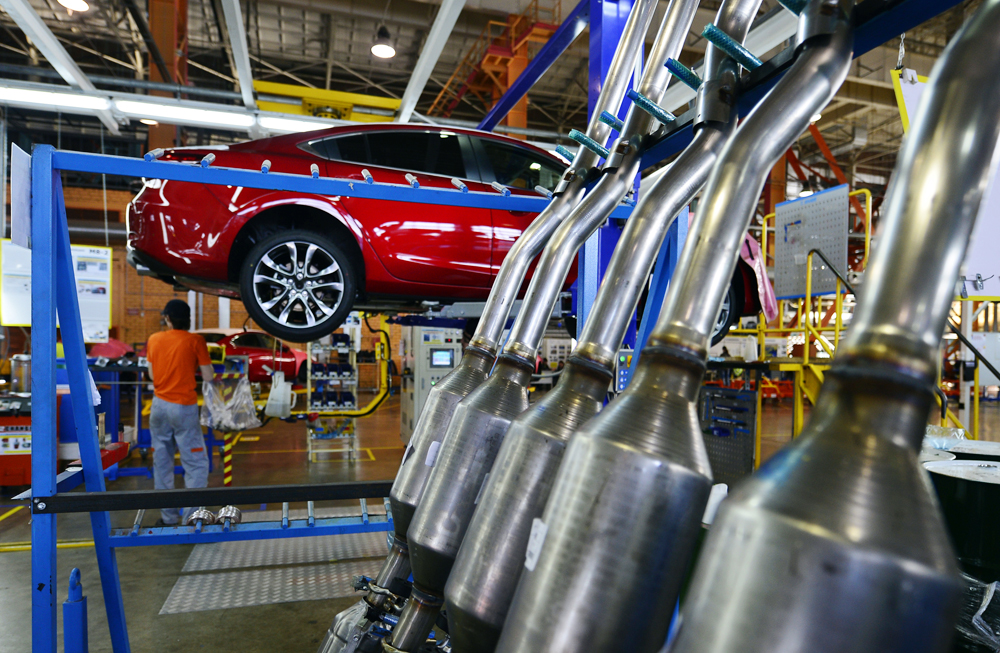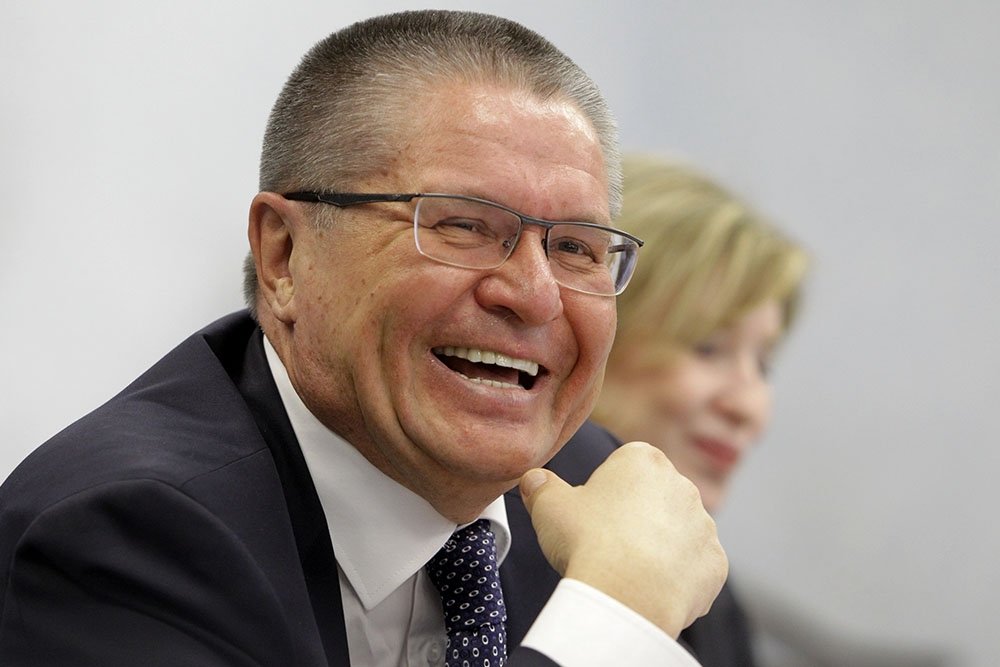Russia can help foreign companies bypass sanctions

An employee assembles a Mazda 6 car at Mazda Sollers Manufacturing Rus, Russian Japanese joint car assembly plant, Vladivostok, February 2016.
Yuri Smityuk/TASSIs it possible for a foreign company to bypass sanctions imposed by western countries and open a business in Russia to produce products that are forbidden to import from abroad? The answer now is yes. A new type of contract has been introduced for investors.
The new type of contract is called the Special Investment Contract (SIC). The contract document was readied in the middle of 2015 and has been tested by several Russian enterprises in the regions. Foreign companies then began to demonstrate their interest.
The first foreign investor to sign the SIC is Mazda Sollers car manufacturers. The company will produce engines in Vladivostok in Russia's Far East (50,000 units annually) and investments will amount to $30.8 million (2 billion rubles). A second project involves the assembly of new cars. The contract will last until 2023.
German agriculture technology producer Claas is also looking to take advantage of the opportunity. The company, with investments over the next 10 years estimated at $12.3 million (800 million rubles), is, for now, only discussing the list of preferences and obligations with the Russian authorities.
A representative of the Industrial Development Foundation, which is responsible for signing the SICs, said more than 100 applications for various businesses are still being considered.
These include the Czech company Kovosvit, which wants to make machines for metal works in the Rostov Region, Volkswagen, and DMG MORI, which manufactures cutting machine tools.
What does the contract guarantee?
The contract was designed for those who want to establish an industrial plant in Russia. Each contract is stipulated for the individual, meaning there is a possibility to design exclusive conditions for individual companies to realize their projects. The higher the level of localization, the more benefits the investor will get.
This, however, has nothing to do with state subsidies or other types of financial assistance from the Russian state budget. The benefits for which they are eligible include tax breaks, lowered rents and other privileges indicated by the law. The most important thing is that the government guarantees that conditions stipulated in the contract will remain unchanged throughout the duration of the contract.
"The investor receives immunity not only from the unilateral changes in the document but also from a change of legislation. For example, the investor will not be subject to new taxation if it appears," explained Nikolai Patskov, founder of the FreshDoc.ru document stipulator. This is extremely important for a long-term business plan. The absence of such guarantees until now has discouraged many foreign entrepreneurs.
Not everyone can apply for the SIC
The new SIC will not be able to help everyone bypass sanctions. As the Industrial Development Foundation underlines, the SIC can be given only to companies from specific industries: mechanical engineering; machine tooling; metallurgical; chemical; pharmaceutical; biotechnological; medical; light; forestry, pulp, and paper and wood; electronic; aviation; shipbuilding; communications and radio-electronic industries.
Foreign enterprises in these sectors, which have stopped supplying their goods and technology to Russia because of the sanctions, can now bypass the ban. The fiscal benefits do not apply to the food industry, as well as to extractive industries such as oil and gas.
World experience
Those who developed this investment instrument, which is new to Russia, point to Hungary and China as successful examples.
In Hungary this contract's main aim was to raise employment numbers and create commercial enterprises in regions with a high level of unemployment. The government offers an individual fiscal tariff plan with significant benefits, as a result of which Hungary is now the top country in Central and Eastern Europe in terms of volume of foreign investments per capita.
In China, meanwhile, the instrument helped stimulate export. The government offers fiscal benefits and special credits, and companies are freed from subsidizing their workers and employees. The privileges became so popular among entrepreneurs that in seven years (from 1991 to 1998) the volume of investments increased tenfold, from $4.4 billion to $45.5 billion.
All rights reserved by Rossiyskaya Gazeta.
Subscribe
to our newsletter!
Get the week's best stories straight to your inbox

